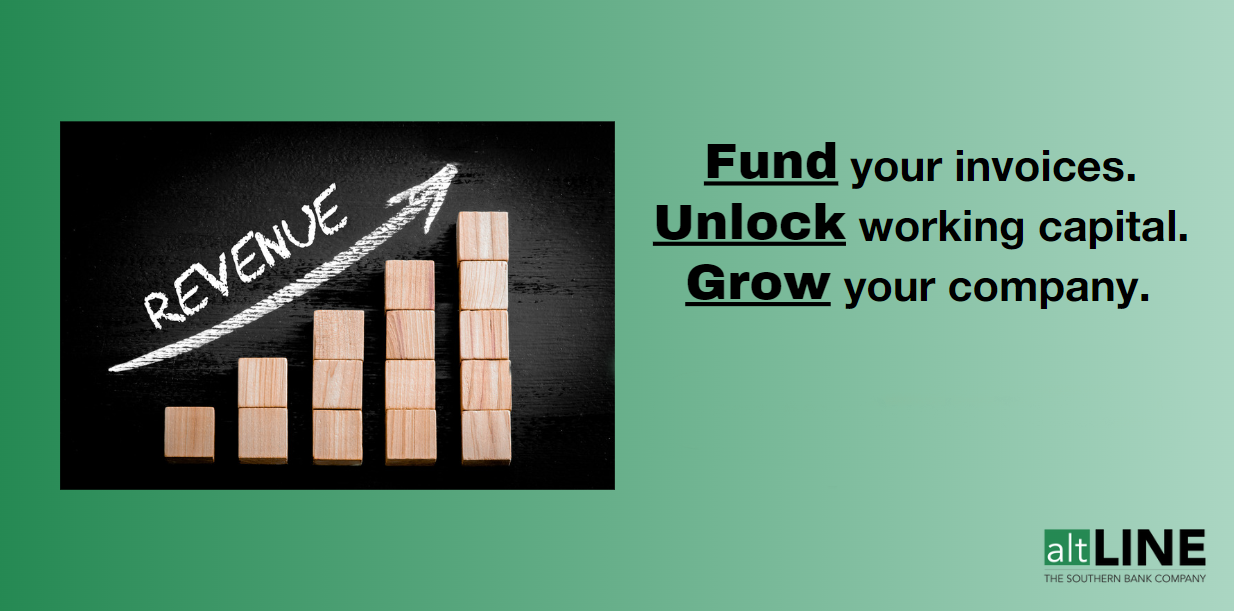How to Choose a Factoring Company
Last Updated March 28, 2024
Considering invoice factoring as a cash flow solution for your business? With so many options, choosing the best factoring company may seem intimidating, because no two factoring companies operate the same way. They might specialize in different industries, offer varying terms and fees, and use different language.
These differences mean it’s necessary to do your research, ask the right questions, and weigh your options accordingly before making the important decision of which factoring company you should utilize to help finance your business.
6 Questions to Ask Before Choosing a Factoring Company:
Before signing a factoring agreement, it’s imperative to ask these following six questions to the representative you’re talking with:
1. How Long Have You Been in Business?
The best factoring companies have experience in the industry. By selecting a partner with several years of experience, you automatically eliminate factoring companies without a proven and stable operating history. The best factoring companies have invested time in improving procedures and protocols to give your business and your customers the best possible experience.
The International Factoring Association (IFA)’s 2023 Factoring Industry Survey states that 25% of factoring companies surveyed have been in business five years or less. While the influx of new factoring companies ultimately helps businesses through increased competition, make sure that the factoring company you choose has been in business for at least two years.
Experience matters in any industry, but it’s particularly crucial in factoring. The second question that you should ask before choosing a factoring company will help explain why.
2. Are You a Bank Factor or Independent Factoring Company?
Anyone with access to capital can set up a factoring operation. When a person who is unaffiliated with a financial institution decides to start their own factoring company, they are deemed an “independent factor.”
Many of these independent factors have given invoice factoring a bad reputation in the past because they are allowed to operate fairly unregulated, leading to the stereotype that factoring is a predatory lending option. Often, independent factors must borrow from a third party to fund your invoices. This is why it’s essential that you aim to work with a bank factor.
Unlike independent factors, bank factors are FDIC-insured and regulated at the state and federal levels, providing you with an added sense of security. They also use their own funds to cover your invoices.
Related: Why Factoring with a Bank Is Better
As an added touch, a partnership with a bank factor will likely give you a better chance at qualifying for a traditional bank loan down the road if your business grows to the point where you need additional funding. A large bank will like that you’ve proven reliable enough to maintain a healthy, successful relationship with a bank in the past. Contrarily, large banks won’t put as much stock in loan applicants whose only funding history involves an unregulated, independent company.
3. What Is the Factoring Company’s Terms, Fees, and Funding Limits?
The nuances of financial details such as terms, funding limits, and factoring fees present the most variability when choosing a factoring company for your business. Review proposals and contracts with your accountant to minimize unexpected financial impact.
The terms of a factoring agreement will include aspects such as contract length and whether every (or select) invoices will be factored. The industry standard is one to two years for a factoring agreement term. Agreements typically auto-renew if 60 or 90-day notice isn’t provided. Furthermore, some factoring companies require you to factor your entire sales ledger, while others allow for select invoices to be factored.
Fees can also quickly add up and affect your bottom line. The best factoring companies present fees in an upfront manner and don’t try to sneak them in. Some invoice factoring fees to look out for include:
- Application fee
- Monitoring fee
- Credit reporting fee
- Fee for adding a new factoring customer
- ACH fee
- Renewal fee
- Audit/field exam fee
- Wire fee – for all wire transfers the Federal Reserve charges a convenience fee, but some factoring companies increase that fee
- Monthly minimum/volume fee – while this is a common fee to ensure the factoring partnership is being utilized, watch out for excessive rates
- Early termination fee – another common fee, but watch for high rates and long notification period
The funding limit describes the capacity of the line your business will be able to receive. Whether $100,000 or $10,000,000, you want a factoring partner who openly discusses these limitations. As your business grows, you’ll want to have a plan for the next phase. You don’t want to wait until you’re up against the limit to make the plan. Find a partner who can grow with you.
4. How Frequently and Quickly Will Our Invoices Be Funded and Payments Applied?
When choosing a factoring company to partner with, keep in mind that the best factoring companies allow a business to submit and factor invoices daily. The business presents the invoices, while the factoring team processes and funds them within 24 hours. Since some factoring companies take longer to process and fund your receivables, make sure your factoring company’s speed matches your cash flow needs.
When your customers’ payments arrive in the lockbox, you want the payment amount applied to your account quickly. The “float” impacts your outstanding balance and the amount of your factoring fees, so it can significantly affect your bottom line. Look for payments to be applied daily.
5. How Will the Factoring Company Interact with Your Customers?
A good factoring company should receive your consent to interact with your customers. In these scenarios, you’re aware of communication with your most valuable relationships – your customers. Many factoring companies will reach out to your customers whether or not you’re aware of it. This type of unexpected communication can build tension in a customer relationship. Find a factoring partner who is willing to take additional steps to make you feel comfortable with the level of interaction and keeps you informed of the contact.
6. Where Are the Factoring Company’s Funds Coming From?
The funds that the factoring company advances you are coming from somewhere; find out where. Remember, an independent factor might be borrowing funds from a third party, which can lead to feeling uneasy given a reduced sense of security, whereas a bank factor uses their own funds.
Knowing the origins of the money that’s funding your invoices will help you better understand how competitive your cost of funds is and how likely it is that the factor will have funds available when you need them most.
The 3 Main Qualities of a Good Factoring Company:
Below is what you should be looking for when you’re listening to the answers to your questions.
1. Flexibility
First and foremost, try not to get locked into a long-term contract. Contracts with one-year terms are the norm and should be expected. Contracts with multi-year terms and significant, or even undefined, termination penalties should be avoided.
Similarly, if your factoring agreement states that you must sell all of your receivables regardless of when you’re only trying to sell select invoices, you should start looking around. Your factoring arrangement should mimic the flexibility of a traditional line of credit.
If your factor is not open to discussing terms, rates, and fees, shop around and keep looking. At the very least, they should be able to provide reasonable, data-backed answers to your questions.
2. Stability
If your factoring company is borrowing its money from a bank and then utilizing its line to purchase your receivables, then there are two important things to note:
- The cost of borrowing their funds from their bank is likely passed through to your business in the form of higher rates.
- The stability and security of your funding are dependant on your factoring company’s ability to remain in the good graces of their bank.
The easiest way to ensure your factor is providing a direct source of funds is to work with the source of funds itself – a bank. Alternatively, if your factor is an independent financing company, ask where they get their funding from and how long they’ve maintained that relationship.
In the event of economic turmoil, you’ll want to know that your financing partner won’t be cut off.
3. Professionalism
How do you know if your factor is professional and reputable? Just look at their interactions with your business in the buying process.
- Are they not only knowledgeable about their own products but your business as well?
- Is their pricing straightforward, with no lockbox fees, transaction fees, clearance fees, etc.?
- Are they responsive to your calls, emails, and questions?
- Will they preserve good relationships with your customers?
Why Partner With altLINE?
altLINE has 88 years of experience serving customers and helping business owners reach their growth goals. We are a bank factoring company, meaning you can feel an added sense of security given that we are FDIC-insured and regulated at both the state and federal level.
With an A+ rating from the Better Business Bureau, a 4.8/5 rating on Trustpilot, and top marks from sites like Investopedia and Forbes, we offer a top-notch customer experience and provide you with fast funding.
Don’t hesitate to contact us today, and we’d be happy to guide you in your decision-making process. You can call one of our representatives at +1 (205) 607-0811 or request a free quote.




